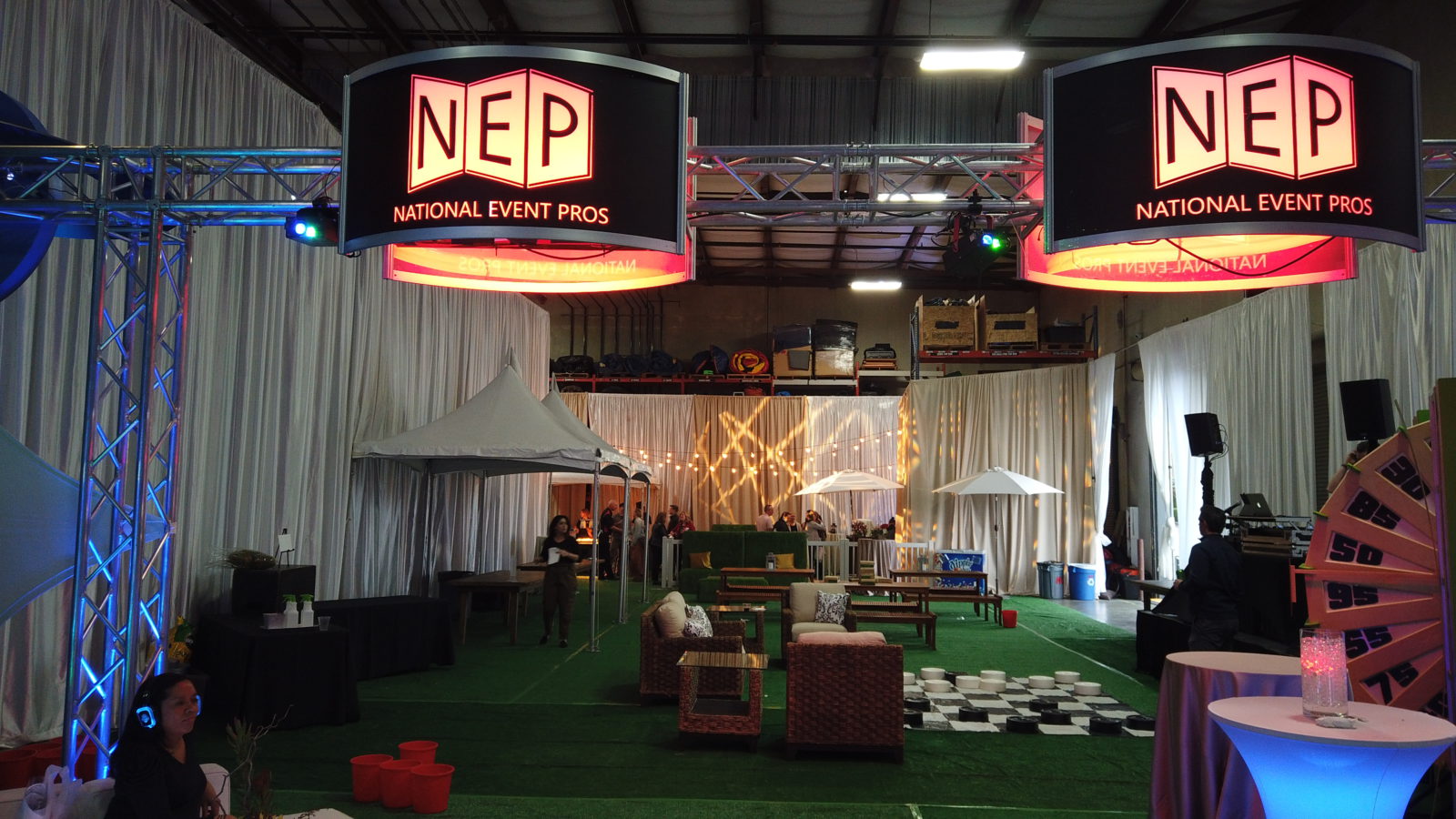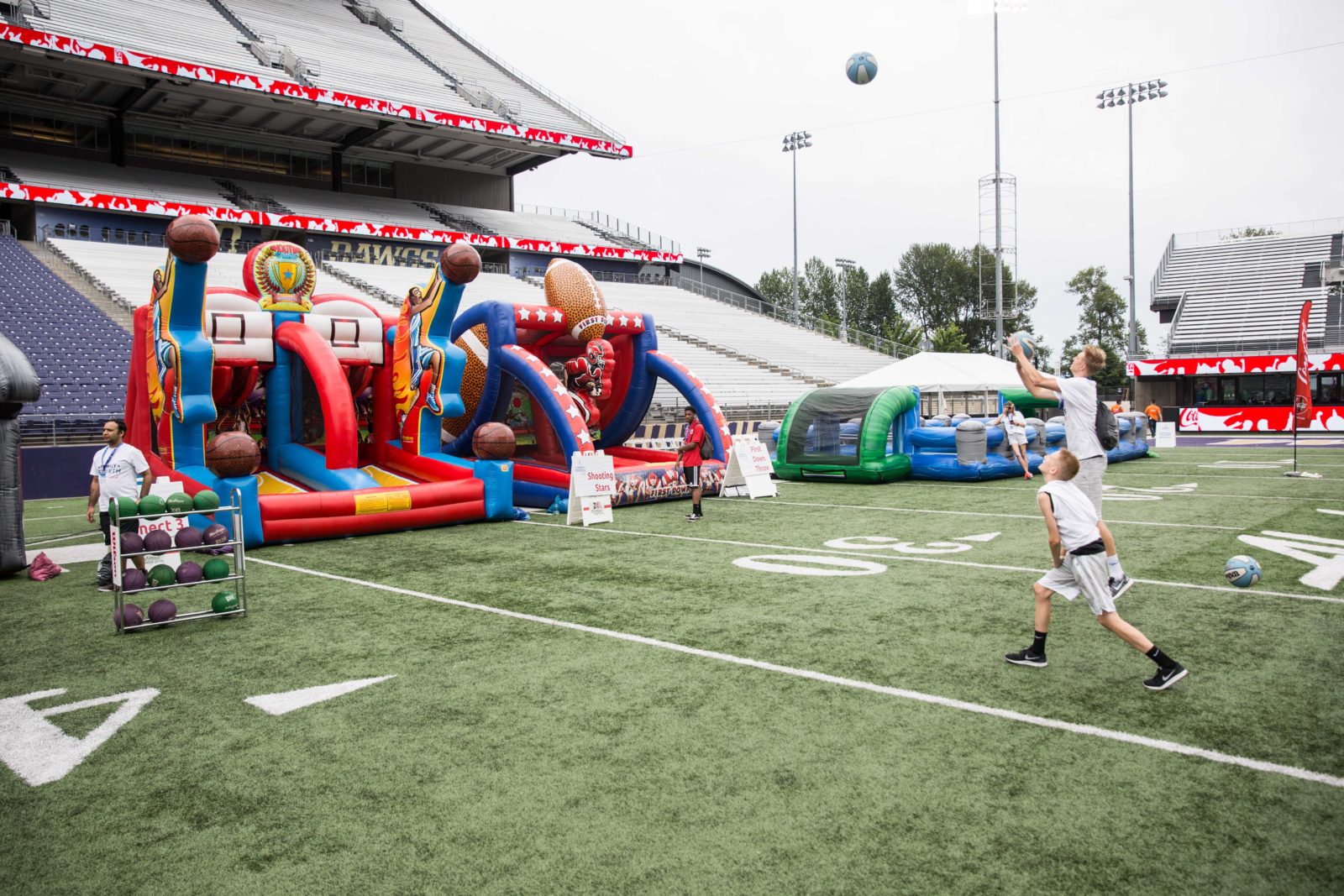Guides
Get tips from the pros for planning your next event. Explore our collection of venue guides, catering guides, money-saving guides, and checklists.
Ideas
Explore event planning ideas. Discover complete idea guides for creative event themes, venues, catering, entertainment, and more!
Industry
Keep up with trends and news from the event planning industry. Discover the latest innovations in event marketing, technology, entertainment, and more.
Stay current.
Sign up today for free to be the first to know about new event planning resources.











